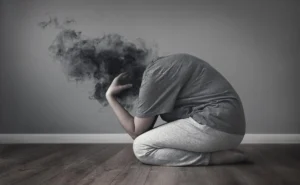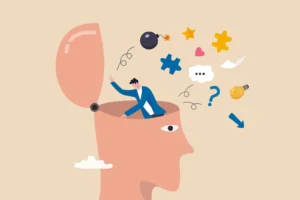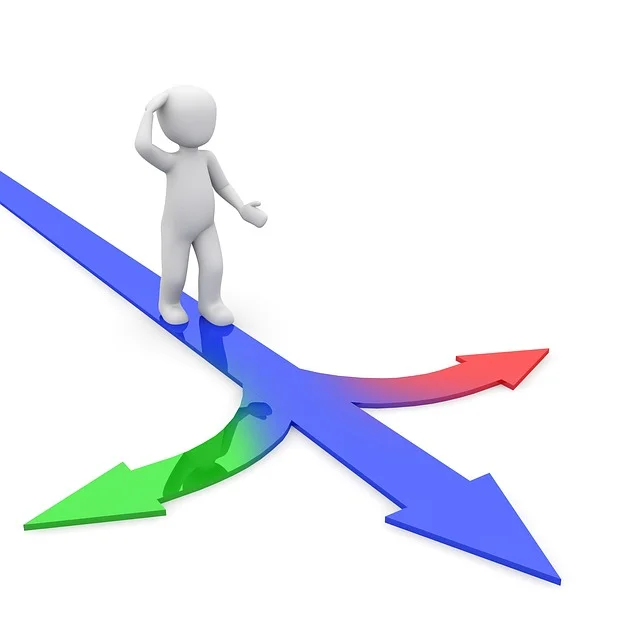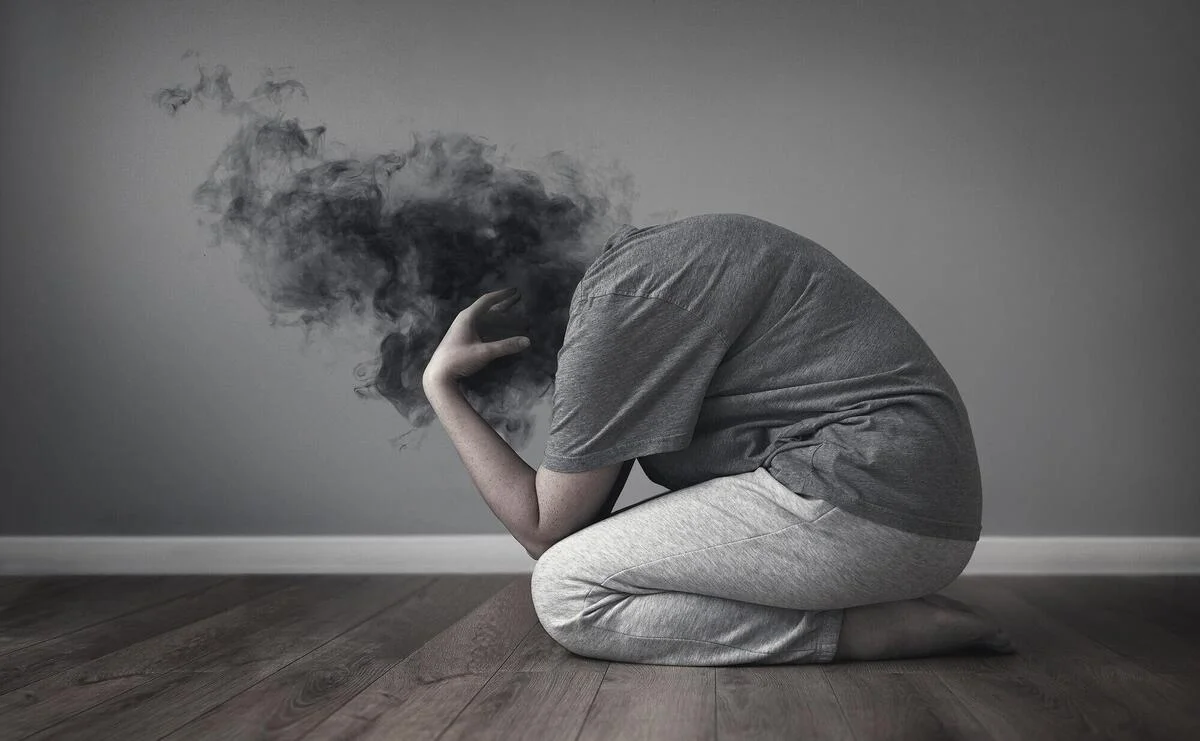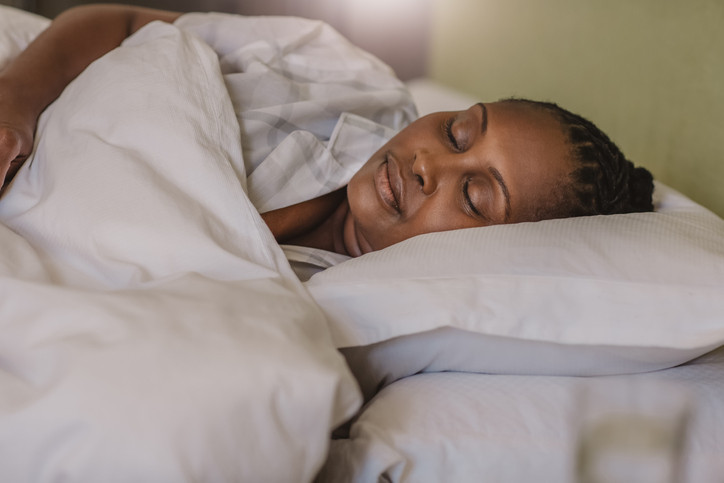
Getting quality sleep is essential for our well-being, yet many people struggle with falling asleep quickly. This article provides actionable tips to help you fall asleep in 2 minutes by creating a sleep-friendly environment and using effective relaxation techniques inspired by both scientific research and the Navy sleep technique. These strategies are designed to enhance your sleep quality and help you establish consistent bedtime rituals.
Why Falling Asleep Quickly Matters
Struggling to fall asleep fast is a common issue for many, especially when facing stress, long workdays, or anxiety. Proven methods, such as the Navy sleep technique, are designed to help you fall asleep within two minutes. By sticking to a consistent sleep schedule and practicing pre-sleep habits, you can improve your sleep quality, lower stress levels, and increase your energy during the day.
The Importance of Your Sleep Environment
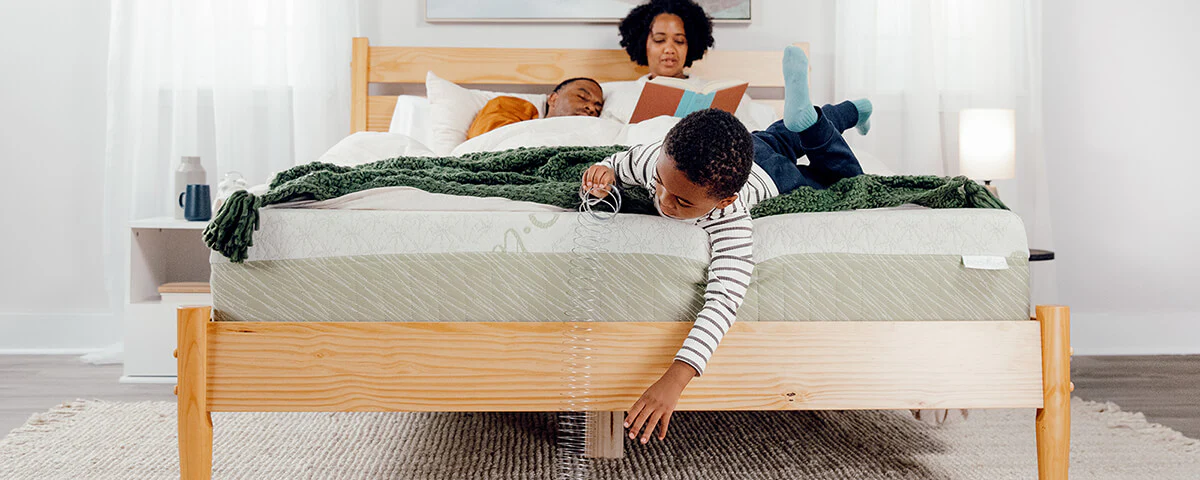
Your sleep environment plays a vital role in how quickly you fall asleep and how deeply you rest. An ideal sleep space can make the difference between tossing and turning and drifting off peacefully. Here are a few sleep environment tips to help you create the perfect space for better sleep:
Keep Your Room Cool
- Temperature regulation is critical for achieving restful sleep. Experts recommend keeping your room at around 65°F (18°C). A cooler room helps lower your body’s core temperature, which aids in falling asleep faster and improving the quality of deep, restorative sleep.
Minimize Noise and Light
- Darkness and quietness are essential for optimal sleep. Consider using earplugs, a white noise machine, or blackout curtains to block out distractions. Blue light from screens can interfere with melatonin production, so it’s best to avoid screens at least one hour before bed.
Invest in Comfortable Bedding
- Your mattress and pillows can greatly impact your sleep quality. Invest in comfortable, supportive bedding that reduces tossing and turning and promotes better rest.
Seven Simple Strategies for Falling Asleep Faster
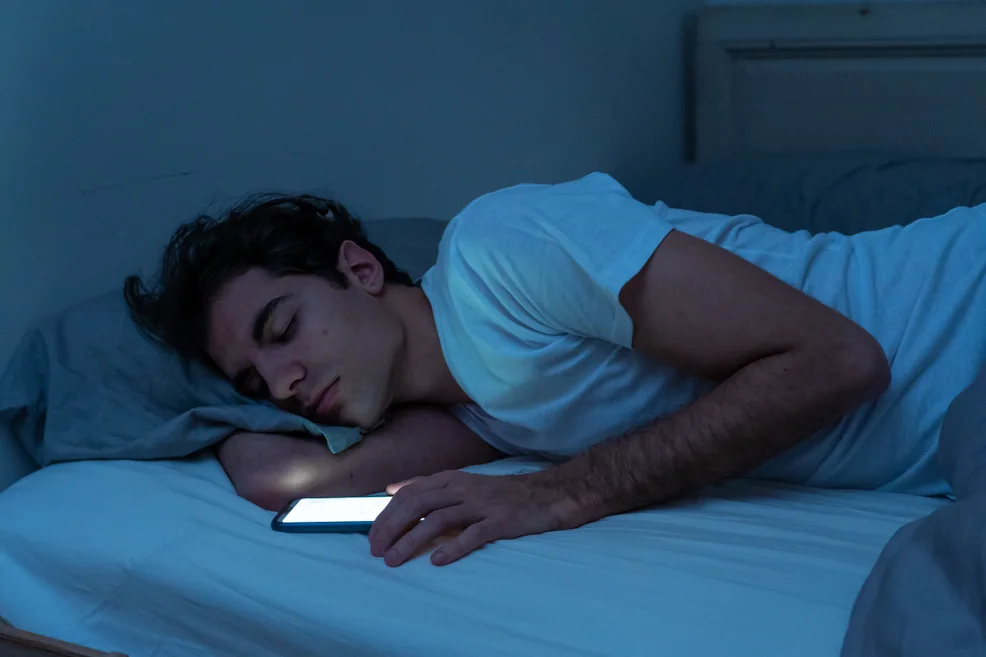
Creating a pre-sleep routine that encourages relaxation is crucial for falling asleep quickly. Follow these seven simple tips to help you prepare your body and mind for rest:
1. Take a Hot Shower or Bath
- A hot shower or bath before bed can help lower your body temperature when you step into cooler air, signaling to your body that it’s time to sleep. This can make it easier to fall asleep quickly.
2. Avoid Stimulants
- Caffeine and nicotine can keep you awake for hours, making it harder to relax. Avoid caffeine after lunch and nicotine in the evening to ensure you can fall asleep faster. Large meals close to bedtime can also disrupt your sleep, so avoid eating right before bed.
3. Exercise Early in the Day
- While physical activity can help tire you out, working out too close to bedtime can leave you feeling too energized. Make sure to complete your workouts at least 2-3 hours before bed to optimize your sleep quality.
4. Create a Relaxing Nighttime Routine
- Calm, soothing activities such as reading, meditation, or light stretches can help signal to your body that it’s time to unwind. This helps your mind transition from active mode to a relaxed state, making sleep easier to achieve.
5. Turn the Clock Away
- Staring at the clock when you can’t sleep can increase anxiety, making it harder to fall asleep. Remove or turn away clocks to avoid the stress of counting the minutes.
6. Limit Naps
- While naps can be beneficial, taking them too late in the day can interfere with your ability to fall asleep at night. For better sleep consistency, avoid napping after 3 p.m.
7. Get Sunlight Exposure
- Sunlight helps regulate your body’s sleep-wake cycle. Aim for at least 30 minutes of sunlight during the day to improve your sleep quality at night and increase your energy during the day.
The U.S. Navy Sleep Technique: How to Fall Asleep in Two Minutes
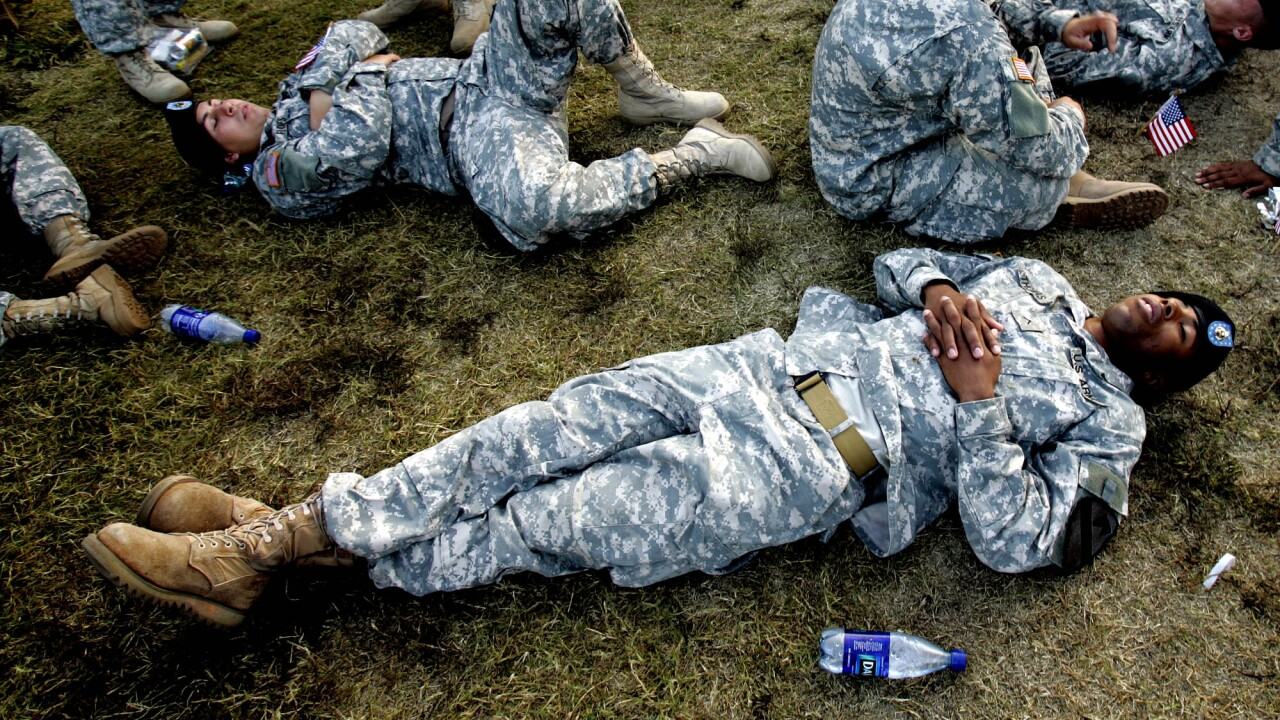
The Navy sleep technique was designed to help soldiers and pilots fall asleep quickly, even in high-pressure situations. This method focuses on progressive muscle relaxation and mental clarity to achieve a calm state in under two minutes. Here’s how you can practice this technique at home:
Step-by-Step Navy Sleep Technique
- Relax Your Face Muscles
- Start by relaxing your forehead, eyes, cheeks, and jaw. Release any tension in these areas.
- Drop Your Shoulders
- Let your shoulders drop completely. Then, focus on relaxing each arm, from your upper arms down to your fingertips.
- Focus on Your Breathing
- Take slow, deep breaths. Pay attention to the rhythm of your breathing, which will help lower your heart rate and calm your mind.
- Relax Your Chest and Legs
- Release any tension in your chest and gradually relax your legs, starting from your thighs and moving down to your toes.
- Clear Your Mind
- Once your body is fully relaxed, focus on clearing your mind. Visualize a serene setting, like a peaceful beach. If distracting thoughts arise, gently push them aside and repeat to yourself, “don’t think,” for about 10 seconds.
With regular practice, this technique can help you fall asleep in 2 minutes, even when you feel restless.
The Importance of Maintaining a Regular Sleep Routine
A consistent sleep schedule is one of the most effective ways to improve sleep quality. Going to bed and waking up at the same time each day helps regulate your body’s circadian rhythm, making it easier to fall asleep and wake up feeling refreshed.
Why Consistency Matters
- Balances Circadian Rhythm: A consistent schedule helps your body align with its natural rhythm, making it easier to fall asleep and stay asleep throughout the night.
- Improves Sleep Quality: Sticking to a routine ensures your body experiences all stages of sleep, including deep sleep and REM sleep, both of which are vital for cognitive function and physical recovery.
- Prevents Sleep Disruptions: An irregular sleep schedule, especially on weekends, can disrupt your ability to fall asleep quickly, leading to poor sleep quality and grogginess the next day.
If you’re unable to fall asleep after 20 minutes, it’s best to get out of bed and engage in a calming activity, like reading, until you feel sleepy again. Staying in bed and stressing about sleep can make insomnia worse.
Final Thoughts on Improving Your Sleep Quality
Improving your sleep quality and falling asleep faster is achievable by practicing the Navy sleep technique, optimizing your sleep environment, and maintaining a consistent sleep schedule. These strategies will help you wake up feeling refreshed, boosting your overall mood, well-being, and health.
Remember, consistency and regular practice are key. Over time, these methods will become second nature, helping you enjoy better sleep and a healthier lifestyle.


